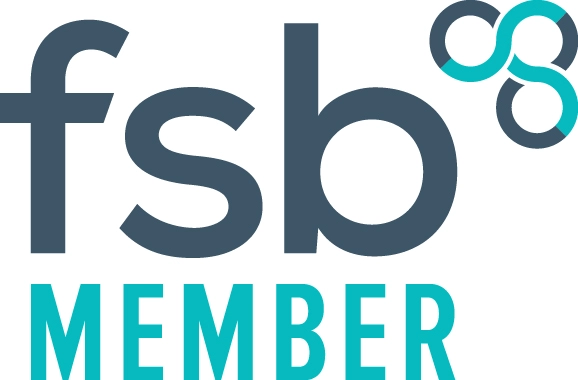The Problem
Challenges facing business today include Absence, Presenteeism, Leavism
and Staff Turnover. This causes management staff significant challenges and the
business significant costs. P3 Business Care help address these issues
proactively.
What is Absenteeism?
Absenteeism is the term given when an employee is habitually and frequently absent from work. This excludes paid leave and occasions where an employer has granted an employee time off.
What Causes Absenteeism?
You need to understand what causes absenteeism so that you can work to reduce it. Unplanned absence from work can be caused by a variety of reasons including:
- Illness
- Bullying and harassment
- Stress and burnout
- Mental health issues
- Bereavement
Unplanned absences may indicate an important factor in the health of the workplace, including employee satisfaction and commitment.
What are the effects of Absenteeism?
Some consequences for employers include:
- Reduced productivity levels.
- High administration costs.
- Increased labour costs if you hire replacement temporary workers.
- Understaffing which could lead to poor customer service.
- Poor morale among colleagues. This will be particularly prevalent if employees constantly have to fill in for absent staff and if they don’t see any action taken to address absence.
Download Health & Well-being Reports
The Health & Well-being reports prepared by CIPD examine trends in absence and health and well-being in UK workplaces – visit our Media Centre to learn more!
What is Presenteeism?
Presenteeism is coming to work whilst ill and/or working excessively long hours. The Centre of Mental Health has calculated that presenteeism from mental ill health alone costs the UK economy £15.1 billion per annum.
Investing in staff health and wellbeing is as crucial to avoiding presenteeism.
What is Leavism?
According to new research from the CIPD, 69% of employees have said ‘leavism’ has occurred in their workplace in the past year.
It’s the latest coined phrase to define working during non-paid hours or annual leave.
What can my business do to reduce Absenteeism, Presenteeism and Leavism?
P3 Business Care provide personal and proactive support to employees from CEO to receptionist. We visit the business 2-3 times a week developing trust and relationships so we can identify issues and provide proactive support before they become absence. We seek to support the individual through the issue whilst keeping them gainfully employed.
Why P3 Business Care?
What could you do with £30,000 to invest in your business?
According to research by Oxford Economics and Unum, the average cost of
turnover per employee (earning £25,000 a year or more) is £30,614.
Lose 3 employees on this salary per year and that’s £92,000
Surely better supported, happier staff are less likely to leave. Just one of the
benefits of engaging P3 Business Care.













